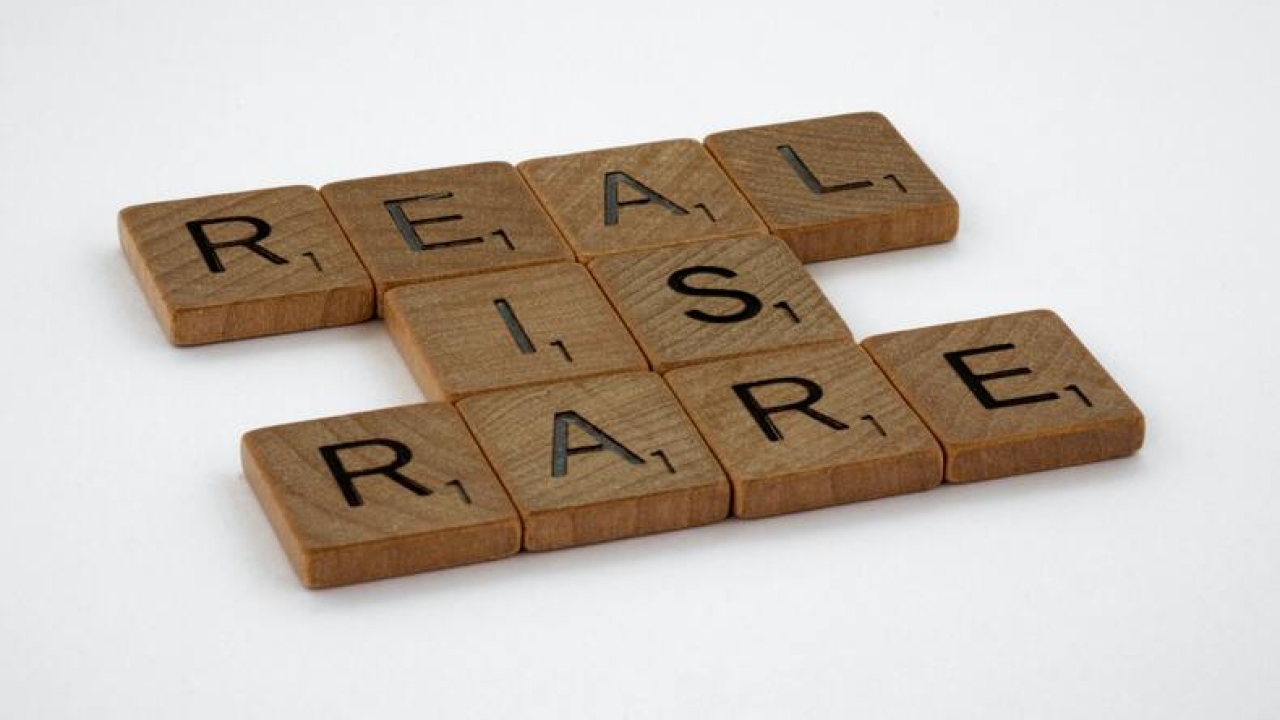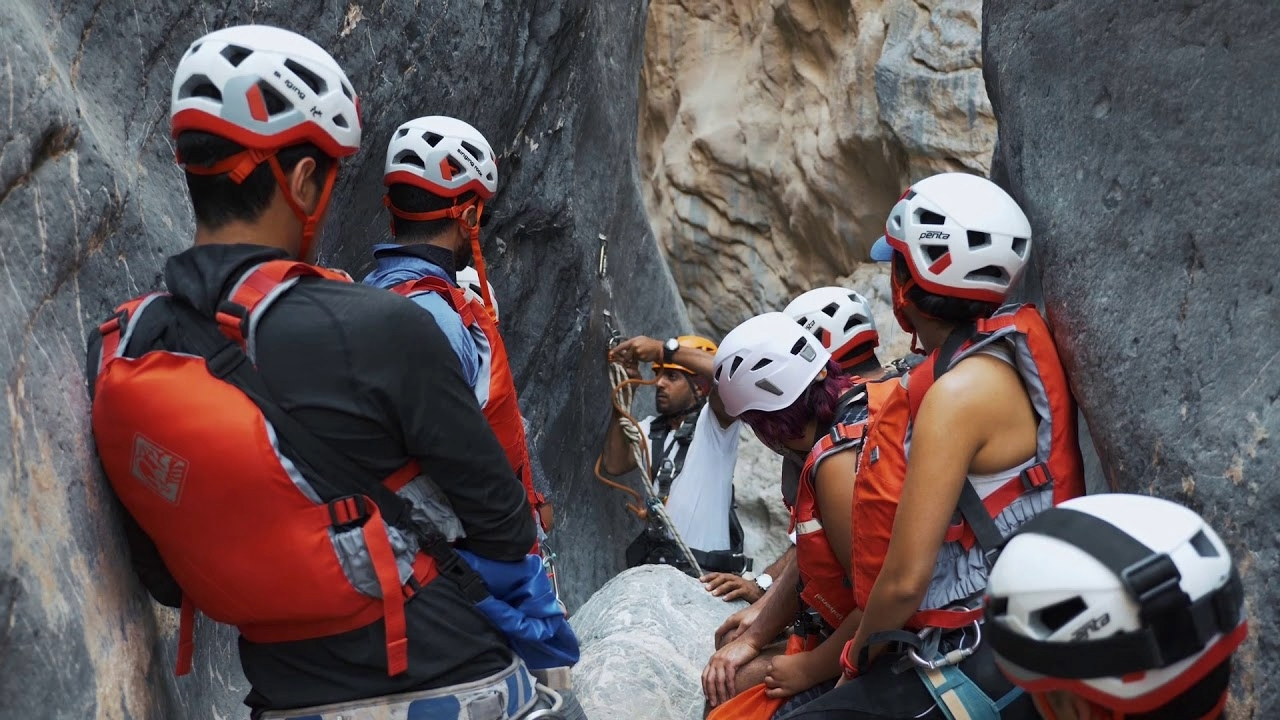There is No Inclusion Without Authenticity

Those that abandon forced roles within their families, societies, and networks and instead work to become more self-aware have better confidence. They work to uncover their genuine desires and ambitions and as a result, have healthier relationships. And they live each day driven by their individual authenticities and are noted to generally have more sound overall wellbeing. In international education, we in schools work hard to raise responsible and empathetic global citizens, so undoubtedly that should involve the teaching of authenticity and finding and following personal values and dreams rather than just falling in line. But does this actually speak to the experience of young students in education? And what about those governed by cultures, religions and authorities that do not celebrate such authenticity or the idea of leading your life according to your own values?
Over the past decade, working internationally has helped me expand my network of global educators and leaders. We have swapped stories of founding programs with limited resources; struggling for clearance to open facilities amidst a seemingly infinite myriad of red tape; grappling with the culture clashes between diverse schools and local authorities; adjusting “our” curricula to the locale’s interpretation; and so on. The work can be timely, taxing and overly-bureaucratic but beyond that, many of those shared frustrations were often rooted in fear or unintentional bias. We wanted things done in ways we not only understood well and that were familiar, but also ways that were “right” according to our training and backgrounds. It wasn’t just bringing best practice. Instead of adapting to our new surroundings, we were trying to replicate and it wasn’t fair to those we were serving: students not only working on academics but developing their own identities and values.
Stay up to date
Subscribe to the free GESS Education newsletter and stay updated with the latest insights, trends, and event news every week. Your email address will remain confidential

